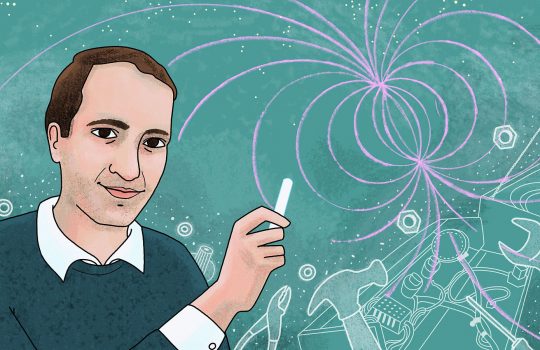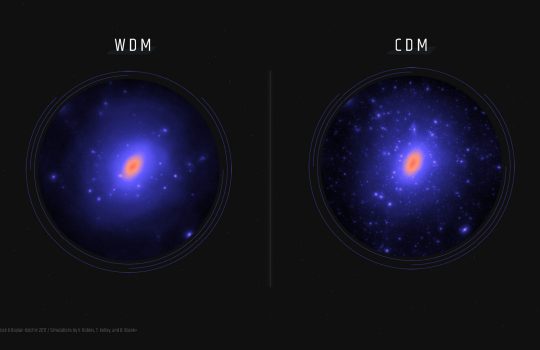How metrology bolsters 21st-century manufacturing
From Quality Digest, July 30, 2020: There is a critical need for a platform and community to support the recruiting and grooming of individuals in the metrology workforce and those interested in entering a career in metrology. For many professionals, the Coordinate Metrology Society is that platform. Fermilab’s Jana Barker weighs in on the opportunity provided by the Coordinate Metrology Society Conference.



